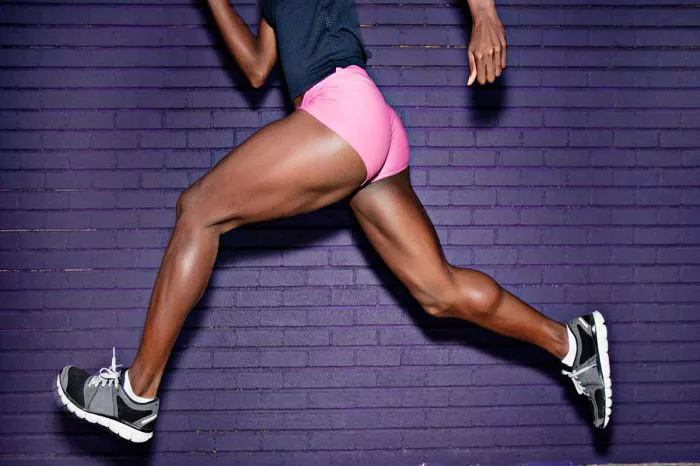Running was never my forte. Growing up, I was far from athletic, and mandatory runs at school were my nemesis. However, a decade ago, a friend’s persuasion led me to sign up for a race, igniting a newfound passion. Soon, I was regularly participating in 5Ks and the occasional 10K. In 2016, I entered the TCS New York City Marathon lottery on a whim and was unexpectedly selected. This set off a series of events where I completed the NYC Marathon in 2016, 2017, and virtually in 2020.
Despite my growing involvement in running, my relationship with the sport remained complex. Physically, running was a struggle, plagued by knee, foot, and leg issues. Emotionally, I didn’t love running itself, but the thrill of racing and crossing finish lines kept me hooked.
In 2021, while training for the United NYC Half, I encountered a new kind of pain: a persistent, sharp ache in my left ankle. The virtual race left me barely able to walk, prompting visits to various doctors. The diagnosis was unanimous: posterior tibial tendonitis caused by my flat feet, requiring immediate lifestyle changes and eventually, surgery. My doctors advised against running, emphasizing that I had a limited number of steps left before needing intensive surgery.
Adapting to life in supportive sneakers and orthotics, I explored other fitness activities like spinning and swimming. Occasionally, I snuck in short runs, but for over two years, pain was my constant companion, reinforcing the doctors’ warnings.
Yet, deep down, I wasn’t ready to give up on running. At the start of this year, an invitation from Westin Hotels & Resorts to run the 2024 Boston Marathon reignited my determination. Despite Boston’s reputation as the ultimate marathon, I decided to seize the opportunity. I reasoned that attempting the marathon, even at the risk of hastening surgery, was worth the chance to try.
Westin paired me with their Global Run Concierge, Chris Heuisler, who encouraged me to view the marathon journey as an adventure. He introduced me to the Jeff Galloway run-walk method, which provided a structured approach to managing my pain. Despite initial hesitation about seeking further medical advice, I eventually found a sports-focused physical therapist, Michael De La Cruz, who believed in my potential to finish the race.
Through targeted physical therapy, we discovered that my foot muscles had atrophied due to over-reliance on orthotics. Strengthening these muscles alleviated my tendon pain, making the marathon goal seem achievable.
On race day, technical glitches and wardrobe malfunctions threatened to derail my start. Despite the chaos, the unyielding support from spectators along the route and encouragement from Coach Chris at mile 21 kept me going. Overcoming excruciating pain, I pushed forward, determined to finish for myself and those who supported me.
Crossing the finish line was a moment of triumph, a testament to defying medical predictions. Completing the Boston Marathon in 5 hours, 30 minutes, and 27 seconds without significant foot pain was a victory over my condition.
Months later, I remain largely pain-free, continuing physical therapy and gaining a deeper understanding of my body. The marathon journey not only brought me to a team that helped alleviate a lifetime of pain but also reignited my hope for future races.
While I recognize the risks I took, the experience taught me the importance of advocating for oneself and seeking a team committed to holistic, quality-of-life-centered treatment. Though I still don’t love running, the possibility of more marathon medals now seems within reach.


